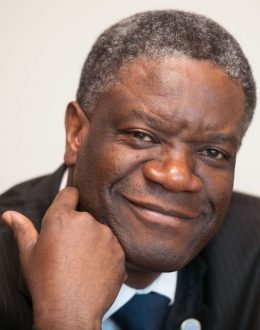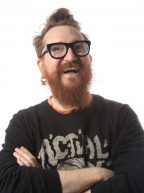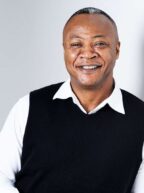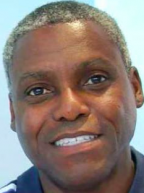
Denis Mukwege keynote speaker
- Giving Voices and Care to Women Survivors
Dr Denis Mukwege is a world-renowned gynaecologist, human rights activist and Nobel Peace laureate from east DRC. He has become the world’s leading specialist in treating survivors of wartime sexual violence, and a global campaigner against the use of rape as a weapon of war.
As a child Denis Mukwege accompanied his father, a pastor, to visit the sick in Bukavu, a city in the eastern part of the Democratic Republic of the Congo on the shore of Lake Kivu. One day they went to see a terminally-ill boy. They prayed for him but were unable to do more.
Mukwege was eight years old at that time and decided after this experience that he would become a doctor. He told his father: “You can pray, but I will give medicines.”
Panzi Hospital was founded by Dr Mukwege in 1999, originally to offer quality maternal healthcare to the impoverished neighbourhood on the outskirts of Bukavu. At that time, Dr Mukwege was the only obstetrician-gynaecologist in the region. However, when war broke out shortly after, more and more patients arrived with gruesome injuries.
In October 2012, a few weeks after Dr Mukwege had given a speech at the United Nations in which he denounced the decade-long conflict in DRC, five armed men invaded the compound of his house in Bukavu. They held his family at gunpoint and killed his friend and security guard, Joseph Bizimana. Dr Mukwege survived the assassination attempt, but fled with his family to Belgium for a short period of time.
As the number of rape victims arriving at the gate of Panzi Hospital increased, Dr Mukwege realised that medical services alone would not solve the problem. “You can’t operate against violence,” he says, “you can only abolish it.” In his efforts to bring the topic to the attention of the UN and other international organisations, and to advocate that those responsible for sexual violence be brought to justice, he has become a leading activist for human rights and gender equality.
In east DRC, women started to save money which they brought to the hospital, willing to pay for his return ticket. Dr Mukwege decided to respond to their calls. Despite continuous threats against him, he returned to Bukavu in January 2013 and resumed his work at the hospital.
For more than 20 years this devastating war has torn through eastern DRC, with horrifying levels of conflict-related sexual violence. Panzi Hospital has become the epicentre of care for tens of thousands of victims of sexual violence, and in response to this emergency Dr Mukwege and his team developed a particularly effective, holistic model of healing integrated in a one-stop-centre within the hospital compound.
Panzi’s model of holistic care integrates psychological support, legal assistance and socio-economic support with medical care and the treatment of severe gynaecological injuries. “We can’t just treat the finger or the ear ,” Mukwege explains. “We have to see the person as an entire whole.”
Over the years, Dr Mukwege has become a world-leading expert on how to treat the consequences of sexual violence.




